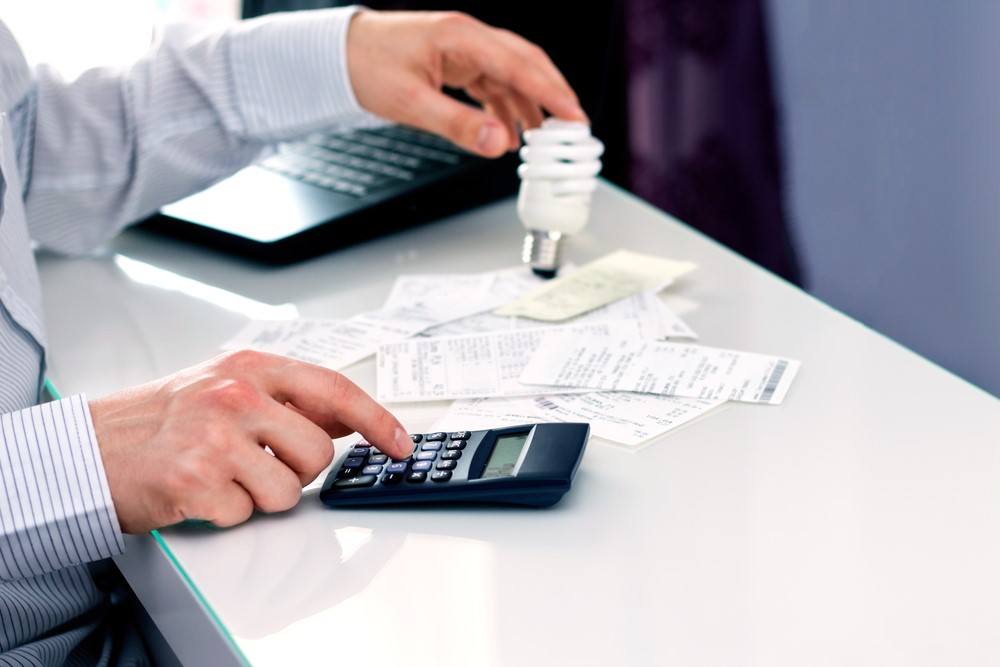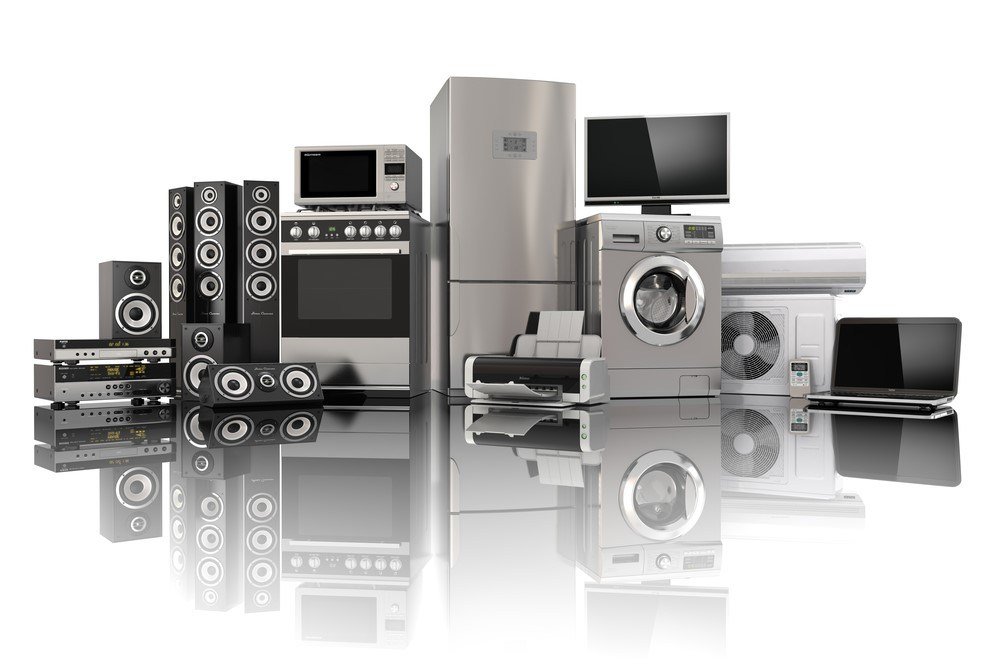Why is my Electric Bill so High?

All of us, at one point or another, have opened the mail, taken a look at our bills and asked ourselves, “Why is my electric bill so high?”
The answer to that question is, unfortunately, not that simple. There are many factors that could contribute to this problem. Before you start the detective work, however, you should compare your current bill to the one of the same month last year. You might notice that during certain months, you naturally consume more energy (due to increased use of air conditioning during the summer, for example).
You might also want to compare your bill to the average energy consumption in U.S. households, which is 903 kWh and $107.28 per month, according to the U.S. Energy Information Administration.
If the bill is higher than the same month last year and above the nationwide average, it definitely makes sense to take a closer look at what might have lead to the increase. Here is a list of the most common causes for you to consider:
Prices Increased
Since electricity companies are usually not participating in mainstream advertising campaigns, it is hard to know when prices change. The easiest way to find out if electricity prices in your area have indeed gone up is to call your power provider directly (the phone number should be on the bill).
Higher Prices During Peak Hours
A lot of people do not know that some electricity providers – not all of them – charge different rates at different times throughout the day. In some cases, using electricity during off-peak periods – such as holidays, weekends, and weekdays from approximately 10 p.m. to 10 a.m. – will save you a lot of money because prices can change by as much as 40 percent. Maybe consider doing your laundry at night?
Wrong Readings
This one is rare, but it happens. Electricity bills can be inaccurate when electricity companies read the meter wrong. The chances of this happening are higher in crowded apartment buildings, where many different meters have to be recorded and numerous bills issued.
Standby Appliances
Possibly one of the most common causes affecting your electricity bill negatively is the “standby mode” on appliances in your home. Water coolers, televisions, DVRs, computers, chargers (even while not actually charging any devices), electric toothbrushes and some razors automatically go to standby mode if they are not shut off or entirely unplugged from the outlet. If you can live with the slight inconvenience of appliances taking a little longer when being switched back on, then you might be able to lower your electricity bill noticeably.

High-Energy Appliances
Another common cause for high electricity bills are appliances that require a lot of energy, such as air-conditioners, heaters, fridges, washing machines, hair dryers, microwaves, and dishwashers.
Quick Tips
- Use appliances like dishwashers only when they are at capacity,
- make sure there are no cracks between your windows (or doors) and their frames; these might be the reason cold or hot air enters the room unnoticed, making your heater or air conditioner work twice as hard,
- according to the Alliance to Save Energy, you can save approximately three percent on heating costs for every one degree you lower the thermostat.
Old Appliances
Because consumers are becoming more aware of their carbon footprint on planet Earth and the resulting climate change crisis, appliance manufacturers have made it part of their marketing strategy to offer increasingly energy-efficient products. This was, however, not always the case.
So if you inherited old appliances from previous tenants or got them for cheap at a flea market, chances are that those gadgets might be “energy vampires.” Similarly, old air conditioners might be low on Freon coolant, which causes them to “cycle” and use more energy as a result.
If you have some extra money and want to lower your electricity bill in the long run, investing into newer, energy-efficient models is definitely something you should consider.


